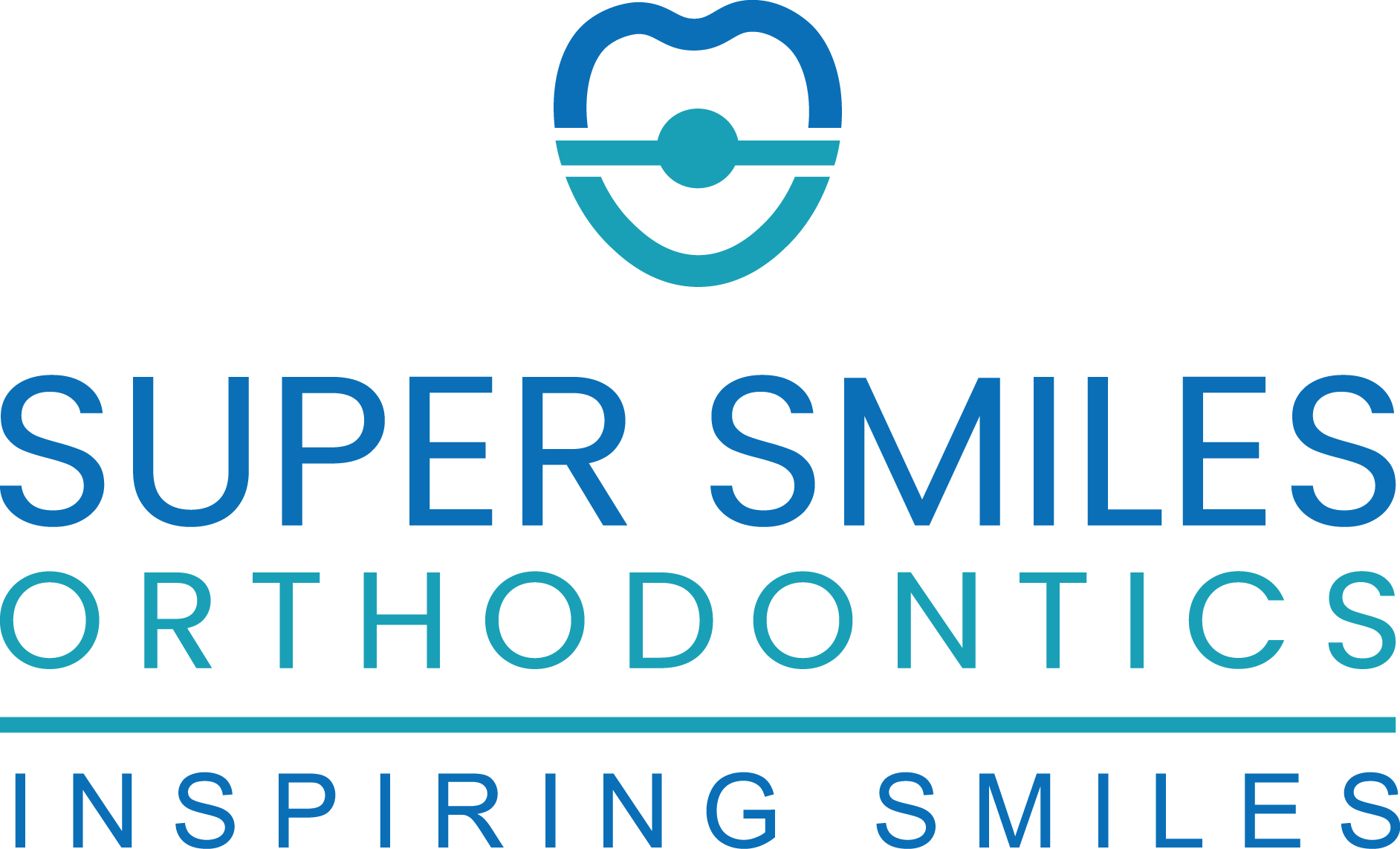- occlusion – lineup of upper and lower teeth surfaces when the mouth is closed, also known as “bite”
- onlay – prosthetic restoration that covers the occlusal (biting/chewing) surface of a tooth, but not the whole tooth
- operculectomy – surgical removal of the operculum
- operculum – tissue flap covering partially or fully unerupted tooth
- oral – referring to the mouth
- oral and maxillofacial surgeon – specialist with at least 4 additional years of specialized training beyond the dental degree, diagnoses and treats oral diseases, injuries, deformities, defects, or other issues, including surgical treatments of the oral and maxillofacial areas
- oral and maxillofacial surgery – surgical treatment of the mouth, jaw, and related areas, may include extraction, repair of defects or fractures, removal of tumors or cysts, and others
- oral cavity – the inside of the mouth
- oral hygiene – establishment and maintenance of habits designed to keep the mouth, gums, and teeth healthy
- oral pathologist – dental specialist who focuses on the study, diagnosis, and management of diseases affecting the oral cavity, jaws, and other connected areas
- oral pathology – the study, diagnosis, and management of diseases affecting the oral cavity, jaws, and other connected areas
- orthodontics – dental specialty concerned with the diagnosis, prevention, and treatment of malocclusion and other neuromuscular or skeletal abnormalities of the orofacial structure
- orthodontist – dental specialist who focuses on the diagnosis, prevention, and treatment of malocclusion and other neuromuscular or skeletal abnormalities of the orofacial structure
- orthognathic – refers to the functional relationship between the mandible and maxilla (upper and lower jaws)
- osseous – refers to bone tissue
- osteoplasty – surgical procedure that modifies bone structure
- osteotomy – surgical procedure involving the cutting of a bone structure
- overbite – orthodontic issue, when upper front teeth significantly overlap the lower
Orthodontist Westchester Miami
8727 SW 24th Rd
Miami, FL 33165


